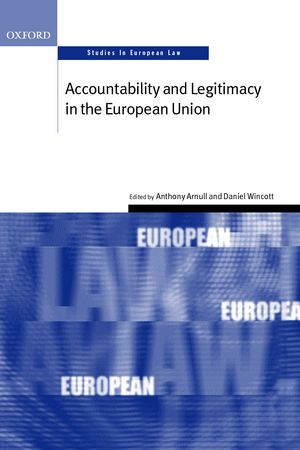
The European Union's growing accountability deficit threatens to undermine its legitimacy. This was acknowledged by the Member States in Nice in February 2001. Recognising the need to improve 'the democratic legitimacy and transparency of the Union and its institutions', they agreed to launch a debate on the Union's future. At Laeken in December 2001, the Member States decided that the debate should be carried forward in a Convention comprising the main parties involved. The debate;will start to crystallise in 2004, when negotiations on a new set of Treaty changes will begin.;The outcome of those negotiations will profoundly affect the constitutional and political health of the Union as it confronts enlargement to the east and south and the challenges of the 21st century. However, the Union's accountability and legitimacy deficit is so deep-seated that it is unlikely to be eradicated completely by the changes agreed. The issue will therefore remain high on the political agenda for the foreseeable future. The contributors to this interdisciplinary collection of;essays consider various aspects of accountability and legitimacy in the European Union. How open should the Union's decision-making be? What is the right balance between accountability and efficiency? Does the Union now need a formal constitution? How can respect for democracy, fundamental rights and the;rule of law in the Union best be ensured? These are just some of the questions explored in this book. It will be of interest to anyone concerned with the future of Europe, from students and academics to policy-makers, and journalists